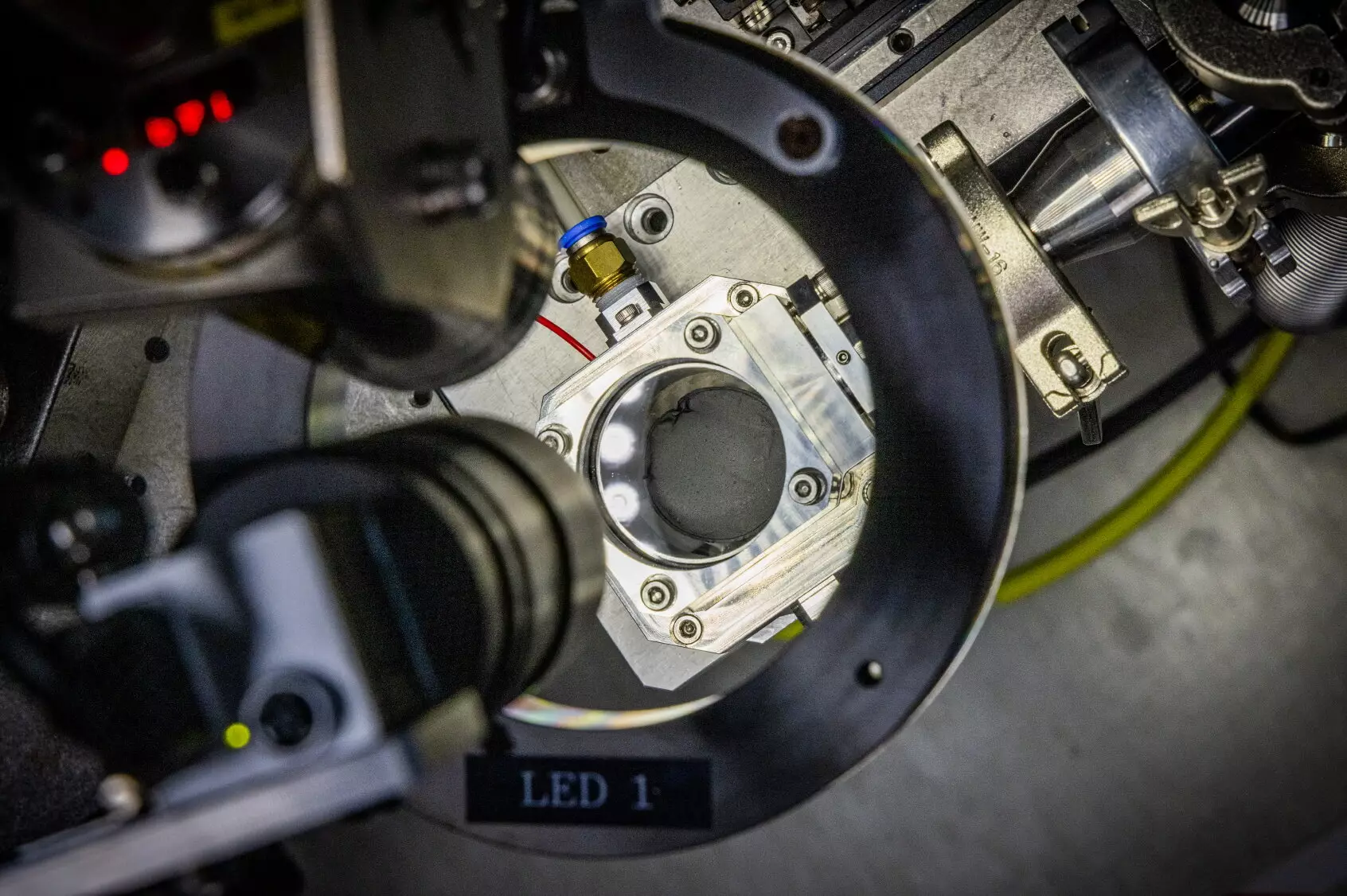In the landscape of battery technology, the sodium-ion battery (SIB) is gaining traction as an innovative competitor to its lithium-ion counterpart. The urgency for alternative energy storage solutions is heightened due to the limited supply of lithium and the growing demand for sustainable technologies. Sodium, a key element in salt, is not only abundant in nature but also presents a more environmentally friendly option for energy storage. Given its lower reactivity compared to lithium, sodium compounds can provide enhanced electrochemical stability during charge cycles—this allows for rapid charging and discharging while performing admirably in cold climates.
However, despite these favorable attributes, sodium-ion batteries are not without their hurdles. They generally fall short in energy density and longevity in comparison to established lithium-ion technologies, largely due to the intricacies involved in their manufacturing processes. To harness the full potential of sodium-ion batteries, advancements in anode material preparation are imperative.
A significant bottleneck in the commercialization of sodium-ion batteries is the production of effective anodes. The larger size of sodium ions means that they require materials with greater interlayer spacing than what is typically found in graphite—this is where hard carbon comes into play. Unlike natural graphite, hard carbon must be synthesized, a process that is both complicated and resource-intensive. Traditional production methods necessitate heating hydrocarbon-based materials in oxygen-free environments at temperatures above 1,000°C, leading to substantial economic and environmental costs.
This intricate “carbonization” process represents a significant barrier to making sodium-ion technology viable at scale. Addressing these challenges has prompted researchers to explore innovative approaches to streamline the production of high-quality anode materials.
Researchers Dr. Daeho Kim and Dr. Jong Hwan Park have led a prominent effort in tackling this issue, developing a recent technological breakthrough that dramatically alters the preparation landscape for hard carbon anodes. Using microwave induction heating, the team has devised a method that enables the synthesis of hard carbon anodes in a mere 30 seconds—a monumental shift from the traditional time-consuming approaches. Their pioneering research demonstrated the application of microwave technology, commonly associated with everyday cooking, to the realm of battery technology.
The methodology involves creating thin films composed of polymers mixed with conductive carbon nanotubes. By applying a microwave magnetic field, these films heat rapidly to over 1,400°C, allowing for the carbonization necessary to form hard carbon structures required for effective sodium-ion batteries. This progressive technique has shown promise in significantly reducing both energy consumption and time required in anode manufacturing.
The research, conducted at the Korea Electrotechnology Research Institute (KERI), has not only captured the attention of the scientific community but also holds considerable commercial potential. By employing a unique “multiphysics simulation” technique, the research team has gained insights into the electromagnetic interactions at play within the nanomaterial structures. This foundational understanding led to refined methods for generating effective anode materials and is now being translated into practical applications within the sodium-ion battery sector.
As highlighted by Dr. Park, the urgent need for safer energy storage solutions—exacerbated by recent incidents of electric vehicle fires—lends additional relevance to sodium-ion batteries at a critical time. Meanwhile, Dr. Kim emphasizes the potential of their technology to revolutionize the industry, stating that their microwave induction process can pave the way for the large-scale commercialization of sodium-ion batteries, with broad implications for energy storage technology.
Moving forward, the research team plans to further refine the performance of their hard carbon anodes. They aspire to develop processes that would facilitate continuous mass production, ensuring scalability. Moreover, the microwave induction heating technology holds potential beyond just sodium-ion batteries—it may also be applicable to the fabrication of all-solid-state batteries, which are poised to take advantage of high-temperature sintering processes.
KERI has initiated a domestic patent application for this innovative technology, signaling their commitment to securing its advantages against competitors. As industrial interest in sustainable energy storage solutions blossoms, the team anticipates favorable partnerships with organizations involved in energy materials.
The transformation of sodium-ion batteries through ultrafast carbon anode preparation emerges as a harbinger of change within the battery industry. The advancements proposed by Dr. Kim, Dr. Park, and their team embody the spirit of innovation, perseverance, and forward-thinking that is essential to address the pressing needs of our energy landscape. As research progresses and technology matures, sodium-ion batteries could redefine energy storage and consumption for the future.


Leave a Reply